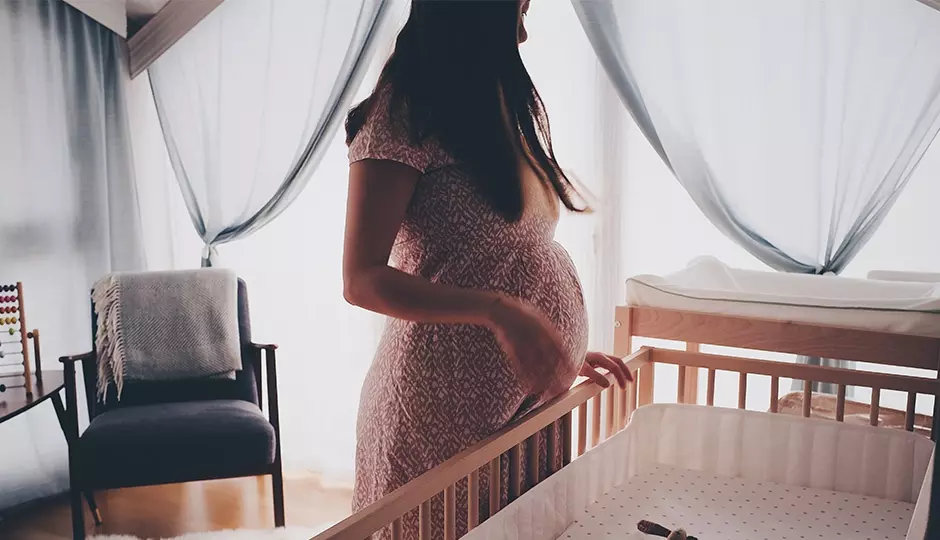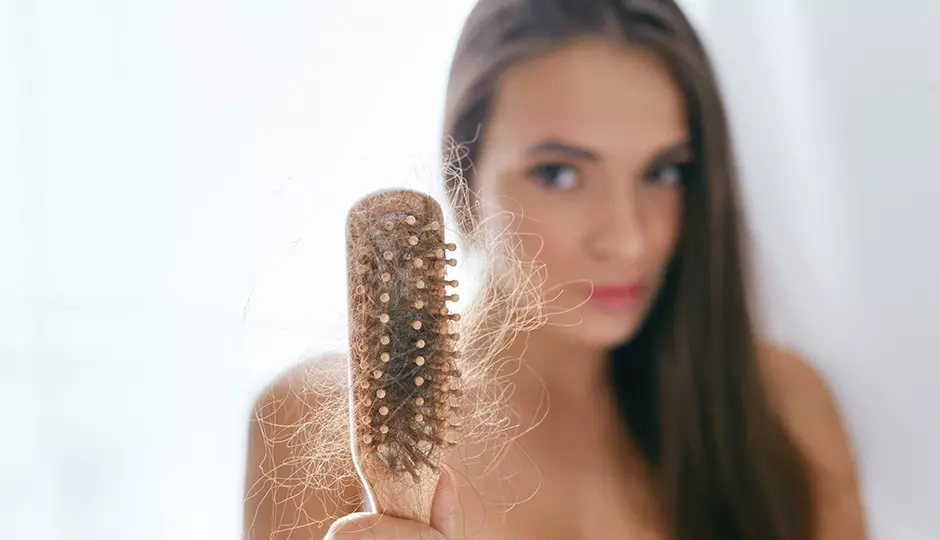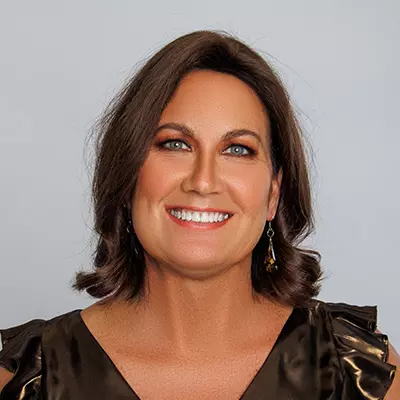Pregnancy and the birth of a child can be a joyous as well as challenging event. While there may be no greater joy than bringing a new life into the world, pregnancy also dramatically affects your body. In addition to the obvious and expected weight gain, pregnancy causes changes in hormone levels, which regulate many of our bodily functions, including the hair and hair growth cycle.
Hormonal Changes During Pregnancy and Your Hair
During pregnancy, a number of hormone levels rise dramatically. These hormonal changes are the primary reason that your hair changes during pregnancy and after birth.
The first hormone to spike is human chorionic gonadotropin, or hCG, whose rising levels first indicated you were pregnant. Levels of estrogen, progesterone, oxytocin, and prolactin also increase, along with blood volume, which can be as much as 50% greater than usual by your due date.
Even small changes in hormone levels can affect the hair and the body's natural hair growth cycle. We usually lose 50 to 100 hairs each day as part of the natural shedding process. During pregnancy, your increased blood volume and circulation, combined with high estrogen levels, interrupt the hair growth cycle, and prevent your usual rate of hair loss. For this reason, many women experience a thicker, fuller head of hair while they are pregnant.
Postpartum Hair Loss
Immediately after your baby is born, your hormone levels begin to drop rapidly, with most of them returning to near normal levels within 24 hours. At the same time, your blood volume and circulation will return to normal within a few weeks of giving birth.
After your child's birth and hormone levels drop, bodily functions, including the hair growth cycle, return to normal. As this happens, normal hair shedding returns, along with the loss of hair that naturally would have shed in the past few months. So while it may seem like you are suddenly losing your hair after giving birth, the total volume of hair loss is comparable to what you would have generally lost during the past nine months.
Postpartum hair loss can begin anytime after giving birth, and the effects may last as long as a year. The condition typically reaches a peak around four months, so if you have been experiencing hair loss for several months, there's no need to panic.
Postpartum Hair Loss Treatment
Among the many changes that the body goes through during pregnancy, many women experience thicker, fuller hair. After you give birth, your body begins to recover, enabling you to fully return to your everyday lifestyle. Still, as your body begins to shed the extra weight, your thick, shiny pregnancy locks may also start to shed. It's not your imagination, and it's not the sleepless nights and stress that a newborn may bring.
Postpartum hair loss is a normal part of pregnancy with catch-up hair loss finished, and your locks returning to normal typically within a year of giving birth. While there is nothing that can slow or prevent postpartum hair loss, there are treatments that can provide you with fuller, healthier-looking hair while your hair growth cycle returns to normal.
At Mane Image, we specialize in treating all types of hair loss. When you visit us, we will examine your hair and provide you with different solutions that work for women. With this knowledge, we can help create a custom solution that can consist of laser hair therapy, trichological treatments and topical thickening and regrowth products.
If you are experiencing postpartum hair loss and are concerned about sudden hair shedding after giving birth, contact us today and schedule your FREE initial consultation. Our team of professionals has the skill and knowledge to help you achieve the look you want.











